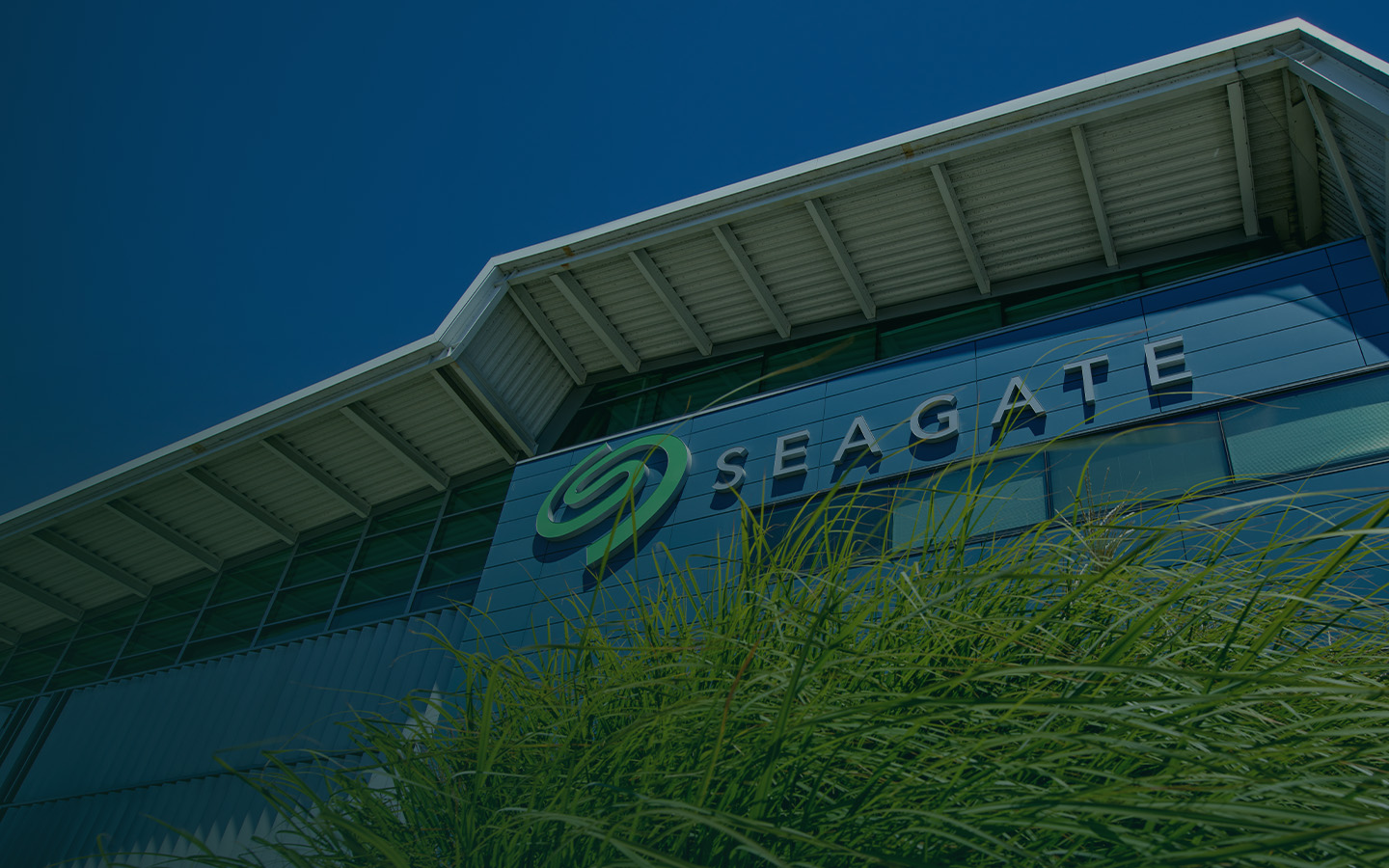If You boot from ZFS, you need something that properly understands ZFS before you even load a kernel.
And as ths is separate from the kernel, it arithmetically (or even geometrically, as it might accidentially damage things also) adds up to all the things that potentially can go wrong.
Now it all depends on what you do when things do go wrong. What I do is, I try to fix them - and in order to fix them, I need a running unix because that is my toolset necessary to fix things. And a running unix appears as soon as I am able to mount root, /usr and /var.
Then, one can have more or less entertainment while trying to get so far (entertainment in this sense may encompass cdrom disks a couple of years old and no longer readable, usb sticks that may or may not boot depending on unintellegible bios options, etc.)
Obviousely, approaches may vary, but what I am doing, is, I have three ufs filesystems, very small, very handy, easy to copy or move around. And that is all that is needed - because these basically can be fixed (as
olli@ described above), and they can also be replaced, or a dup kept. With ZFS you can do all these things
within the ZFS - but if that fails, then it all fails, and the "otherwise please reinstall the pool from backup" message is very common on ZFS (which is also fine, but when concerning the bootvolume, this translates to bare-metal-recovery - which obviousely is again a nice entertainment and should be trained occasionally).

